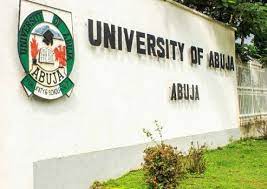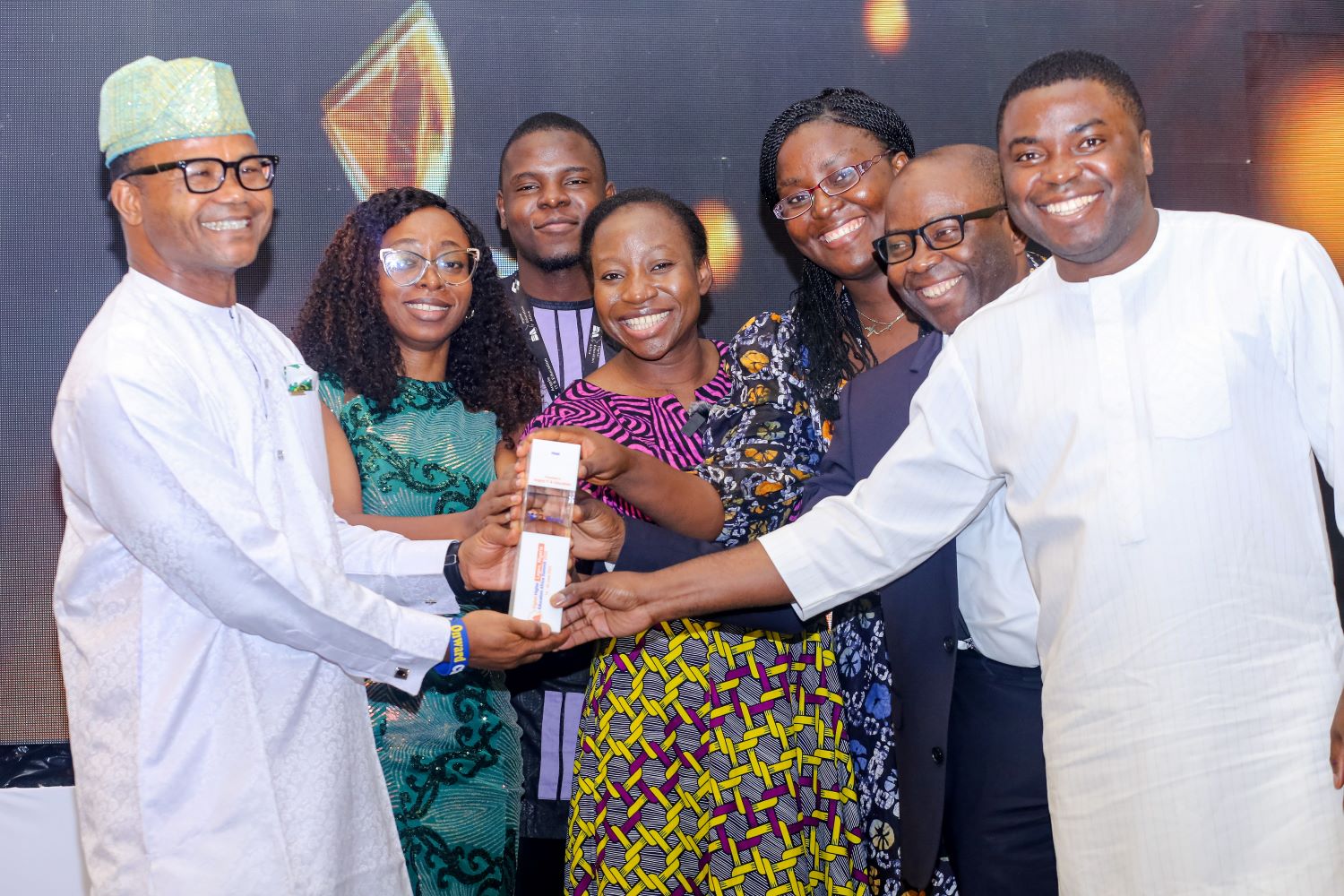The University of Abuja has sought the support of the Nigeria Export Processing Zones Authority (NEPZA) for the establishment of a special economic zone in the institution.
The university’s vice-chancellor, Abdul-Rasheed Na’Allah, sought the support on Monday when he visited NEPZA’s CEO, Adesoji Adesugba, in Abuja.
Mr Na’Allah said establishing a special economic zone in the institution would fast-track industrialisation, create jobs, drive the university’s economic development, and promote tourism.
“We in the University of Abuja are determined to work with industry, and we have been working in synergy with the Abuja Chamber of Commerce and Industry (ACCI),” the VC stated. “And now we are seeking the support of NEPZA because if we have this support with us, there is no doubt that some of the ambitions that we have will be given wings to fly. You can imagine us having an economic free zone at the university.”
He added, “On campus, innovation is every day, and we want to unleash this innovation. And the best way to do it is to have this free zone working with the private industry.”
While expressing hope to establish the special economic zone as soon as possible, Mr Na’Allah said it would focus on exploring the potential in agriculture, mining, tourism, and Nollywood, among others.
“We are the best site you can have in this country. We are in the capital of Nigeria. We are just opposite the airport; we have the best road network, 25 minutes drive to the city centre,” he explained. “Everybody would come from any part of the world, they just land, and they are here. Almost every nation is represented in Abuja. I call it destiny of location.”
Former ACCI president, Adetokunbo Kayode, said the project would help the education system become sustainable.
“Sustainable in the sense of being able to raise their own funds for themselves and able to raise employable graduates and also being the centre for commercialisation of research. Thousands of research are done on campus every year, but very few get to the marketplace,” noted Mr Kayode. “Research that does not lead to the marketplace is a worthless one. All over the world, universities look for opportunities to turn their efforts into value and create employable graduates.”
According to Mr Kayode, if NEPZA supports this project, it has laid the foundation to address the crisis in education in Nigeria.
Mr Adesugba stressed that the “most critical thing for us is to ensure that we have the place as a free zone and get it to first class that can be compared to any other in the world,” noting that Uniabuja could become one of the richest universities in the world.
“This is because it is a size property, the size of Victoria Island, 10 minutes to the airport and 25 minutes to Abuja,” stated the NEPZA boss. “It has mountains, rivers, flora and solid minerals such as gold, but unless it is unleashed for the purpose of development of the university and Nigeria.”
NAN





